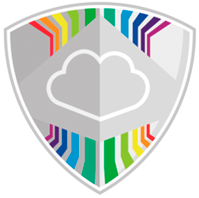
09Mar
Unikernel for Cloud Services: How Single-Responsibility can Reduce Complexity
Unikernels allow application deployment through custom-built minimal virtual machines. The authors investigate how unikernels and their inherent minimalism benefit system security. The analysis starts with common security vulnerability classes and their possible remediation. A platonic unikernel framework is used...
Details
09Mar
Exchanging Database Writes with Modern Cryptography
Modern cryptography provides for new ways of solving old problems. This paper details how Keyed-Hash Message Authentication Codes (HMACs) or Authenticated Encryption with Associated Data (AEAD) can be employed as an alternative to a traditional server-side temporal session store....
Details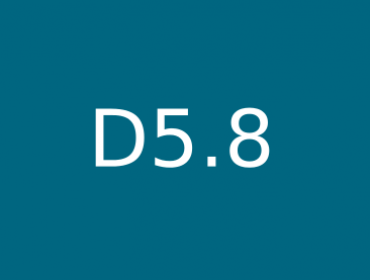
06Mar
D5.8 Overview of verifiable computing techniques providing private and public verification
Cloud computing is an increasing trend within IT outsourcing that allows vendors to offer traditional IT facilities, such as storage and/or computational systems, via the Internet. Clearly, such a business model brings many bene fits and often allows customers to...
Details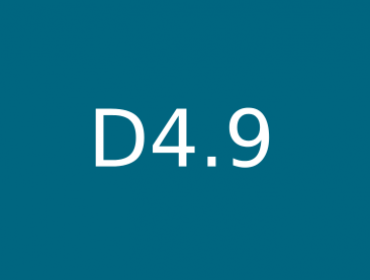
06Mar
D4.9 Analysis of the State of the Art of FPE, OPE and Tokenization schemes
This deliverable provides an overview of the state of the art on Format Preserving Encryption and Order Preserving Encryption. Based on the requirements and needs of the PRISMACLOUD project use cases, we refine and layout the specific requirements of...
Details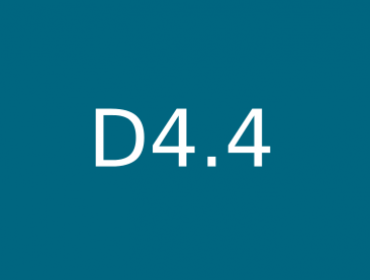
06Mar
D4.4 Overview of functional and malleable signature schemes
Cloud computing is about outsourcing of storage to and processing of data at third party infrastructure. Besides many obvious bene ts, such a paradigm clearly comes with many security and privacy related problems, as cloud providers cannot be considered fully...
Details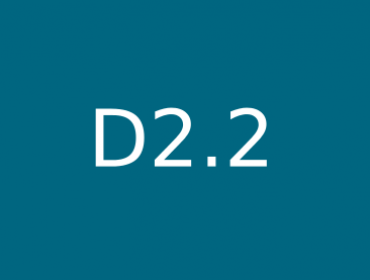
06Mar
D2.2 Domain independent generic security models
This document is D2.2 “Domain independent generic security models” of task T2.2 “Refine and analyse domain independent generic requirements and security goals”. D2.2 is one of four main deliverables from work package WP2 “Use cases and re-quirements”. In addition...
Details
06Mar
Secure and Privacy-Friendly Storage and Data Processing in the Cloud
At the IFIP Summer School 2017, the two H2020 projects CREDENTIAL and PRISMACLOUD co-organized a workshop dedicated to introducing the necessary background knowledge and demonstrating prototypes of privacy-preserving solutions for storing, sharing, and processing potentially sensitive data in untrusted...
Details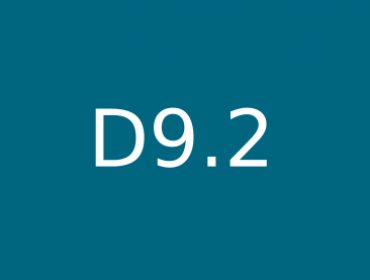
06Mar
D9.2 Dissemination and Exploitation Report 1
This deliverable presents the dissemination, communication, and exploitation1 strategies of the PRISMACLOUD project. Further it documents and summarises all the activities undertaken during the first year of the project. There are three points that PRISMACLOUD had put its focus...
Details
23Feb
LINCOS - A Storage System Providing Long-Term Integrity, Authenticity, and Confidentiality
The amount of digital data that requires long-term protection of integrity, authenticity, and confidentiality grows rapidly. Examples include electronic health records, genome data, and tax data. In this paper we present the secure storage system LINCOS, which provides protection...
Details22Feb
Securing the Internet of Things - Security and Privacy in a Hyperconnected World
Book Title Building the Hyperconnected Society IoT Research and Innovation Value Chains, Ecosystems and Markets Chapter Title Securing the Internet of Things - Security and Privacy in a Hyperconnected World Authors Elias Z. Tragos (FORTH, Greece), Henrich C. Pöhls...
Details
